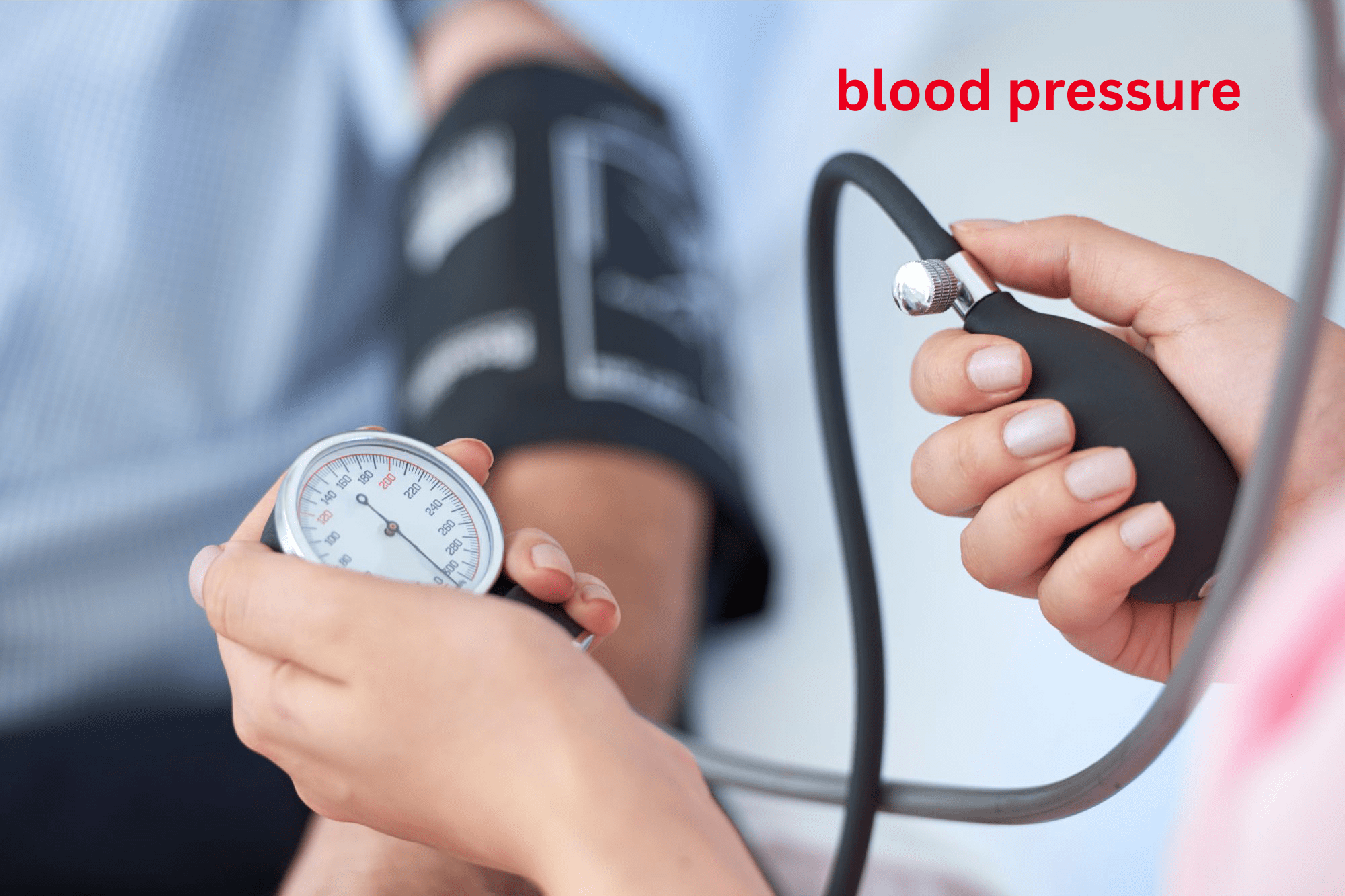New Blood Pressure Guidelines 2025: Early Treatment & Lifestyle Changes Including No Alcohol
the latest blood pressure guidelines emphasizing early treatment and lifestyle changes like avoiding alcohol."new blood pressure guidelines 2025" Learn how to manage and prevent hypertension effectively.
New Blood Pressure Guidelines Emphasize Early Treatment and Lifestyle Changes Including No Alcohol
High blood pressure, also known as hypertension, is a leading cause of heart disease and stroke worldwide.
With changing research and medical insights, the new blood pressure guidelines released in 2025 highlight the critical importance of addressing high blood pressure early on and adopting major lifestyle changes—including the recommendation to avoid alcohol for better heart health.
In this blog post, we’ll cover the key points of these new guidelines, explain why early treatment matters, and share practical lifestyle tips to manage blood pressure, focusing especially on why alcohol should be omitted from your routine.
Understanding the New Blood Pressure Guidelines 2025
The 2025 blood pressure guidelines have revised the thresholds for diagnosing and treating hypertension.
Medical authorities now emphasize earlier intervention to prevent long-term damage to the heart, kidneys, and brain.
The new key focus areas include:
Lower thresholds for diagnosis: Doctors are encouraged to identify elevated blood pressure earlier before risks escalate.
Early treatment strategies: Starting treatment—including medication when necessary—at earlier stages of blood pressure rise.
Emphasis on lifestyle changes: Encouraging patients to adopt heart-healthy habits to help control and reduce blood pressure naturally.
Why Early Treatment of High Blood Pressure Is Crucial
High blood pressure often shows no symptoms but silently damages arteries and organs.
Delaying treatment can result in irreversible health complications such as heart attack, stroke, kidney failure, or vision loss.
The 2025 guidelines stress that early treatment—combining both medical and lifestyle measures—leads to better outcomes. When hypertension is treated promptly:
The risk of cardiovascular disease declines significantly.
Organ damage is minimized or prevented.
Patients gain more control over their health, often reducing or eliminating the need for aggressive medications later on.
Lifestyle Changes to Manage Blood Pressure Naturally
Alongside medical management, lifestyle changes are foundational to controlling blood pressure. The updated guidelines specifically advise adopting these modifications:
1. Healthy Diet and Reduced Salt Intake
Eating a balanced, nutrition-rich diet with plenty of fruits, vegetables, whole grains, and lean protein lowers blood pressure. Limiting salt intake reduces fluid retention and arterial stress.
2. Regular Physical Activity
Exercise for at least 150 minutes per week strengthens the heart, improves blood flow, and helps maintain a healthy weight—all essential for blood pressure control.
3. Weight Management
Losing excess weight reduces the workload on the heart and arteries, leading to improved blood pressure readings.
4. Stress Reduction
Practices like meditation, yoga, and deep breathing lower stress hormones that can raise blood pressure.
5. No Alcohol Consumption
One of the stronger new recommendations is limiting or entirely avoiding alcohol.
While moderate drinking was once considered acceptable, current evidence shows even small amounts of alcohol can raise blood pressure and interfere with treatment efficacy.
Why No Alcohol? The Science Behind the Guidelines
Alcohol affects the cardiovascular system by:
Increasing blood pressure, sometimes substantially, especially in vulnerable individuals.
Contributing to weight gain due to its high calorie content.
Interfering with blood pressure medications, reducing their effectiveness.
Causing irregular heart rhythms and other heart-related complications.
Quitting alcohol or reducing consumption to zero is now a clear recommendation in managing high blood pressure.
This lifestyle change can help patients see faster and more significant improvements in their blood pressure levels.
Practical Tips to Avoid Alcohol and Promote Heart Health
For those accustomed to drinking, lifestyle change can be challenging. Here are tips to help reduce or eliminate alcohol:
Find enjoyable alternatives such as herbal teas or flavored water.
Replace drinking rituals with new habits like going for a walk or reading.
Seek support through friends, family, or support groups.
Remember the benefits beyond blood pressure: better sleep, weight management, and improved mental clarity.
Conclusion
The 2025 blood pressure guidelines mark a shift towards earlier treatment and stronger lifestyle modification focus. Avoiding alcohol is emphasized as a pivotal change for managing hypertension effectively.
By embracing these updated recommendations, individuals with high blood pressure can take proactive steps to protect their heart health and overall well-being.
